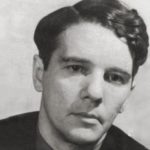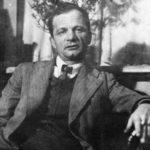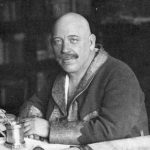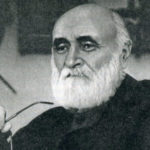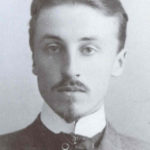Facts from the life of Valentina Kataeva
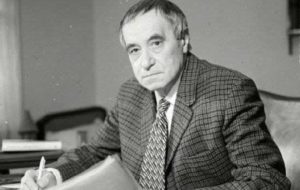 A Russian from a very intelligent family, and later a Soviet writer, Valentin Kataev, began writing before the revolution. During the Civil War, his life was threatened more than once, and in general, the pages of his biography devoted to those times were full of amazing events. However, later, in the days of the Soviet Union, Kataev was a recognized author, whose publications were published in huge editions.
A Russian from a very intelligent family, and later a Soviet writer, Valentin Kataev, began writing before the revolution. During the Civil War, his life was threatened more than once, and in general, the pages of his biography devoted to those times were full of amazing events. However, later, in the days of the Soviet Union, Kataev was a recognized author, whose publications were published in huge editions.
Parents of the future writer had a large home library, so that children from early childhood got used to reading books.
Born and raised in Odessa, but Kataev, who lived outside her boundaries for most of his life, always, according to his manners and speech, was said to be an Odessan by his interlocutors.
Valentina Kataev had a younger brother, who also became a famous writer. He took a pseudonym in honor of his father, calling himself Yevgeny Petrov, and it was he who presented the world with the Twelve Chairs and the Golden Calf.
In his autobiography, Valentin Kataev told me that from childhood he decided to devote himself to literature, and began writing at the age of 9 years.
His earlier work, unfortunately, has not reached our days.
Of the contemporary writers, Kataev considered him a sample of Bunin. At the same time, Bunin himself disliked him.
In addition to prose, he wrote poetry. His first publication took place in 1910. It was the poem “Autumn”.
When World War I began, the writer went to the front of his own accord.
According to the official version, during the Civil War, Valentin Kataev fought in the ranks of the Red Army. However, historical evidence indicates that he was a volunteer in the army of white General Denikin.
When Osip Mandelstam was repressed, Kataev defended him and helped his wife with money as best he could.
During the Great Patriotic War, he was a war correspondent for a long time.
After the end of hostilities, the writer began to drink a lot. This period in the life of Kataev lasted several years, but in 1948 he was able to overcome the addiction.
He, along with a number of other writers, opposed the rehabilitation of Stalin and against leniency toward Solzhenitsyn.
Valentin Kataev wrote not only poems and short stories, but also novels, and plays, and even scripts for films.
In 1920, he spent six months in prison because of his counter-revolutionary activities, and he was threatened with execution. He was saved by the personal intervention of one of the Chekists, with whom he was familiar on literary evenings.
His story, The Devourers, was soon translated into English after publication, and became a true bestseller in the United States and Great Britain. Moreover, Valentin Kataev himself received a purely symbolic sum for it.
